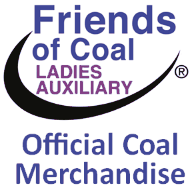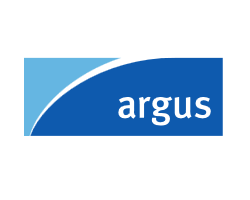
 











|
Signature Sponsor


By Jo Clarke
July 12, 2021 - Australia has 26.2mn t/yr of new coal mining capacity committed for construction or under construction, with a further 399mn t/yr having been proven feasible but not yet approved and 102mn t/yr publicly announced, according to the Australian government's commodity forecaster. The majority of the committed projects are in thermal coal and all, except for Indian firm Adani's 10mn t/yr Carmichael project, are expansions of existing mines in New South Wales (NSW), said the Office of the Chief Economist (OCE). The expansions mostly take advantage of existing infrastructure and are relatively low-cost additions. All are primarily thermal coal, although two have some semi-soft coking coal as a by-product. Around 150mn t/yr of the projects not committed but with proven feasibility are thermal coal project in the inland Galilee basin region of Queensland and are dependent on accessing infrastructure to export coal from mines to the coast, which is up to 450km away. Most of the proponents are waiting to see how successful Adani is in developing the Carmichael mine before committing to their projects. Around 90mn t/yr of the feasible additional capacity is in metallurgical coal in Queensland, which hosts the highest quality coking coal in Australia. The projects span across the grades from the 6mn t/yr Baralaba South pulverised coal injection (PCI) grade coal project to the 15mn t/yr Olive Downs hard coking coal mine that was given an A$175mn ($130mn) federal government loan. The state's largest producer of metallurgical coal, BHP Mitsubishi Alliance, has only the 14.5mn t/yr Red Hill coking coal mine on the OCE's list, after it changed emphasis to productivity improvements of current operations rather than growth. The remaining feasible projects are thermal coal projects with some having semi-soft coking coal by-products, across NSW and Queensland. Some of these projects are being held up by government approvals or by problems securing funding, as financial institutions remove services from the sector. Firmer thermal and metallurgical coal prices have prompted some of the smaller developers to push forward with plans that were put on hold last year during the Covid-19 lockdowns, while others are waiting to see how sustainable the current price environment is. Argus last assessed the premium hard coking coal price at a two-year high of $207/t fob Australian on 9 July, up from $153.50/t on 4 June and from $107.75/t on 3 May. The PCI low-volatile price, which was higher than the premium hard coking coal price on 5 May, has not maintained pace with the higher grade higher over the past two months. The PCI price was assessed at $147/t fob Australia on 9 July, up from $109.35/t on 5 May. Argus last assessed high-grade Australian thermal coal at $140.79/t fob Newcastle for NAR 6,000 kcal/kg on 9 July, up from $120.58/t on 4 June and from a low of $46.18/t on 4 September. It assessed lower grade coal at $83.43/t fob Newcastle for NAR 5,500 kcal/kg on 9 July, up from $70.10/t on 4 June and from $35.04/t on 4 September.
|
 








|
||||||||||||||||||||||||||||||||||||||||||||||||||||||||